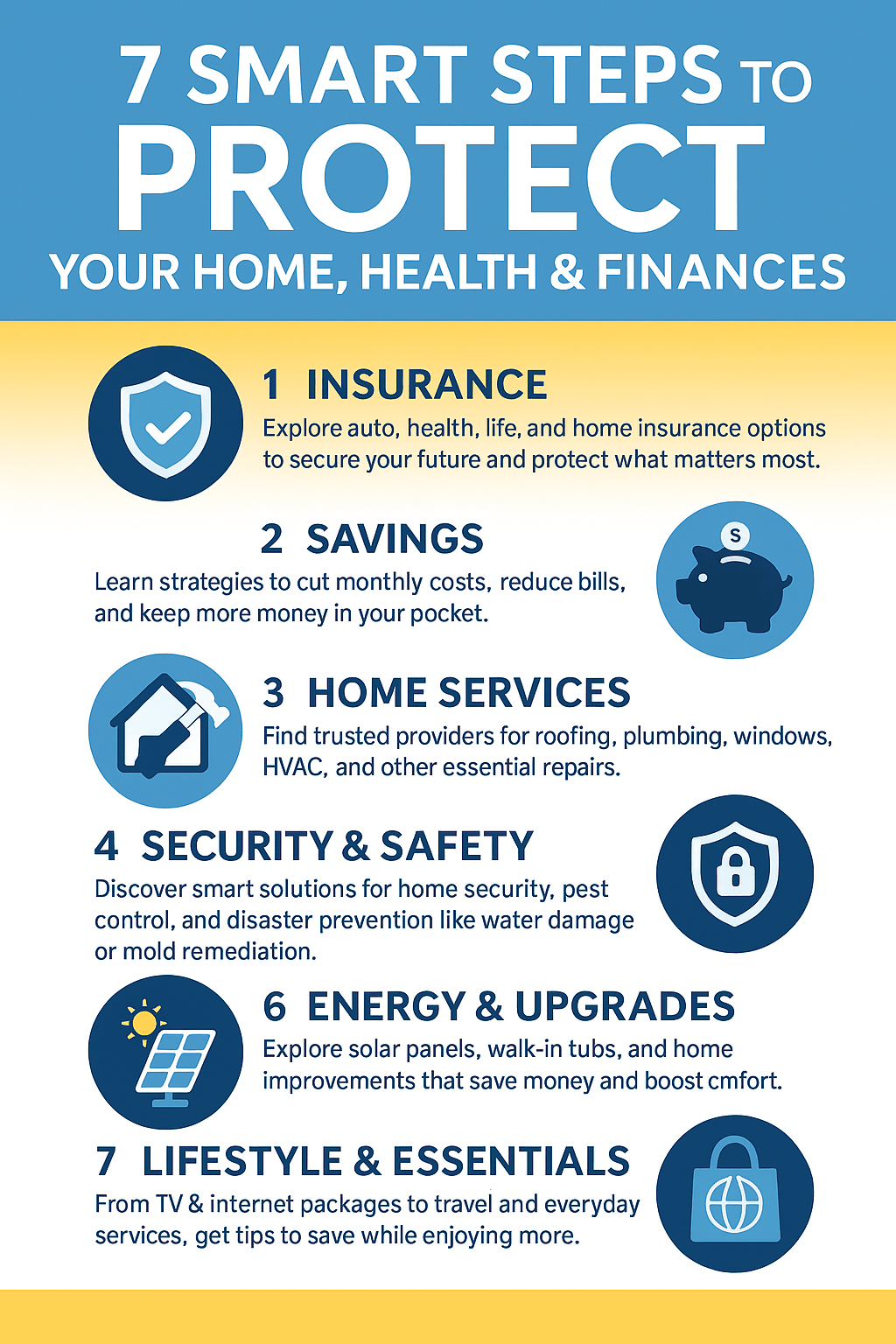For many people, debt feels like a never-ending burden. High-interest credit cards, medical bills, and personal loans can quickly spiral into balances that feel impossible to pay off. If you’ve tried budgeting and minimum payments but still can’t get ahead, debt settlement may be an option worth considering.
In this guide, we’ll break down how debt settlement actually works, its pros and cons, and the situations where it makes sense.
What Is Debt Settlement?
Debt settlement is a process where a company negotiates with your creditors to accept less than the total amount you owe. Instead of paying the full balance, you make reduced payments that can save you thousands of dollars.
It’s not debt consolidation or bankruptcy — it’s a middle path that can help when traditional methods no longer work.
How the Process Works
- Enrollment: You sign up with a debt settlement provider and stop paying creditors directly.
- Savings Account: You deposit funds into a dedicated account each month.
- Negotiation: The company negotiates with your creditors for a lump-sum settlement.
- Settlement: Once agreed, your debt is considered paid — often at a fraction of the balance.
Benefits of Debt Settlement
-
Reduced balances: Save thousands by paying less than you owe.
-
One monthly payment: Simplifies budgeting.
-
Avoid bankruptcy: A less damaging alternative to Chapter 7 or 13.
-
Path to rebuilding credit: Once debts are resolved, you can begin repairing your credit.
Potential Drawbacks
-
Credit score impact: Missed payments during the process can lower your score.
-
Fees: Settlement companies charge fees, usually a percentage of the savings.
-
Tax implications: Forgiven debt may be treated as taxable income.
When to Consider Debt Settlement
-
You have $7,500+ in unsecured debt (credit cards, medical bills, personal loans).
-
You’ve already tried budgeting or consolidation without success.
-
Bankruptcy feels too extreme, but minimum payments aren’t helping.
-
Debt stress is hurting your health, relationships, or quality of life.
Alternatives to Debt Settlement
-
Debt consolidation loans (combine multiple debts into one).
-
Credit counseling (set up a debt management plan).
-
Bankruptcy (last resort for those with no ability to repay).
Final Thoughts
Debt settlement isn’t for everyone, but for those drowning in unsecured debt, it can be a lifeline. By reducing balances and creating a clear payoff path, it offers a realistic way to reset your finances without resorting to bankruptcy.
At VIP Magnates, we believe in clear, practical solutions for financial stress. If you’re struggling with debt, understanding all your options — including settlement — is the first step to taking back control of your future.






0 Comments